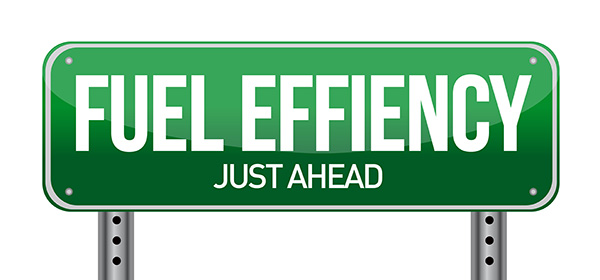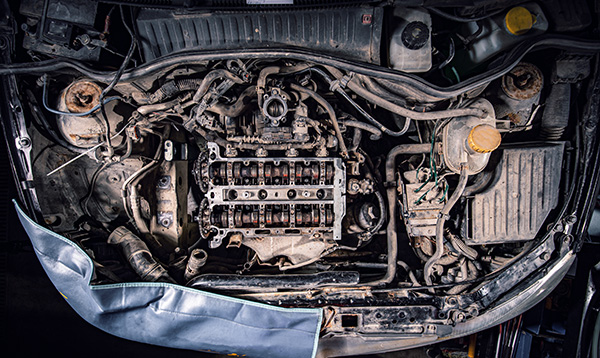Posted on 12/19/2025

New Year’s Eve is meant to be a celebration, but it is also one of the trickiest nights of the year to be behind the wheel. Traffic patterns change, more people are out late, and some drivers make poor decisions after drinking or staying up too long. If you are the one driving, a few practical habits and a bit of planning can lower your risk and keep the focus on the celebration, not on a roadside emergency. Why New Year’s Eve Driving Feels Different Holiday driving late at night has its own set of challenges. Many drivers on the road may not be used to driving in the dark, and some are distracted by phones or excited passengers. You can also run into wet, icy, or foggy conditions that change quickly as temperatures drop. That mix of reduced visibility and distracted or impaired drivers means you have to leave more space, scan farther ahead, and expect the unexpected. Common Mistakes Drivers Make on New Year’s Eve A lot of troubl ... read more
Posted on 11/28/2025

Volvo’s air suspension delivers a calm, level ride when it is healthy. When it is not, the car can sit low on one corner, ride harshly, or cycle the compressor so often that it feels like something is always wrong. If you have repaired one part only to see a new warning a few weeks later, you are not alone. Air systems have several pieces working together, and small leaks or control issues can make good parts look bad. How Volvo Air Suspension Works Instead of steel springs, each corner uses an air spring that inflates to hold the vehicle at a set height. A compressor fills a reservoir, valves route air to each spring, and height sensors tell the control module where the body sits. The system adjusts for passengers, cargo, and road conditions so the car stays level and stable. When everything is sealed and calibrated, the ride is smooth and the body stays flat in corners. Common Failure Points in Volvo Air Systems Air springs age as rubber ... read more
Posted on 10/31/2025

You know your car pretty well. So when you notice you’re stopping for gas more often than usual, it’s usually not your imagination. A sudden drop in fuel economy is your car’s way of telling you that something isn’t running quite right. Even small changes under the hood can throw off your miles per gallon. The good news is that most of the causes are easy for a technician to pinpoint and fix once you know where to look. Fuel System Problems When fuel efficiency drops, the fuel system is usually the first place we check. Dirty or clogged fuel injectors can throw off the air-fuel balance, causing uneven combustion. That means your engine burns more gas just to maintain normal performance. A weak fuel pump or a faulty pressure regulator can do the same thing. Too much fuel means waste, while too little makes the engine work harder. Replacing a clogged fuel filter, cleaning the injectors, or correcting pressure issues often brings mi ... read more
Posted on 9/26/2025

When your engine starts showing signs of serious trouble like knocking noises, low oil pressure, metal in the oil, or repeated overheating, you’re left with a big decision. Do you replace the engine entirely, or rebuild the one already in your vehicle? Both options can get your car running again, but they come with different costs, benefits, and long-term implications. Here’s a breakdown of what each option involves and how to decide which is best for your situation. What Does an Engine Rebuild Involve Rebuilding an engine means restoring your existing engine to good working condition. This involves disassembling the engine, inspecting each component, replacing worn parts, and reassembling it to factory specifications. Common components replaced in a rebuild include: Pistons and piston rings Bearings Gaskets and seals Timing co ... read more
Posted on 8/29/2025

Today’s vehicles are far more complex than cars built even a decade ago. With sophisticated computer systems managing everything from fuel delivery to emission controls, pinpointing the cause of a problem isn’t as simple as listening to the engine or visually checking under the hood. Modern problems often leave subtle clues that can only be uncovered with advanced diagnostic tools and the expertise to interpret the results. That’s where complete engine diagnostics come in. We combine cutting-edge technology with skilled technicians to identify problems quickly and accurately, saving you time and avoiding unnecessary part replacements. The Role of the Engine Control Unit (ECU) Your vehicle’s ECU acts as the brain of the engine, constantly receiving and processing data from a network of sensors. These sensors track things like air-fuel ratios, coolant temperature, throttle position, exhaust gas content, and more. If one of these rea ... read more